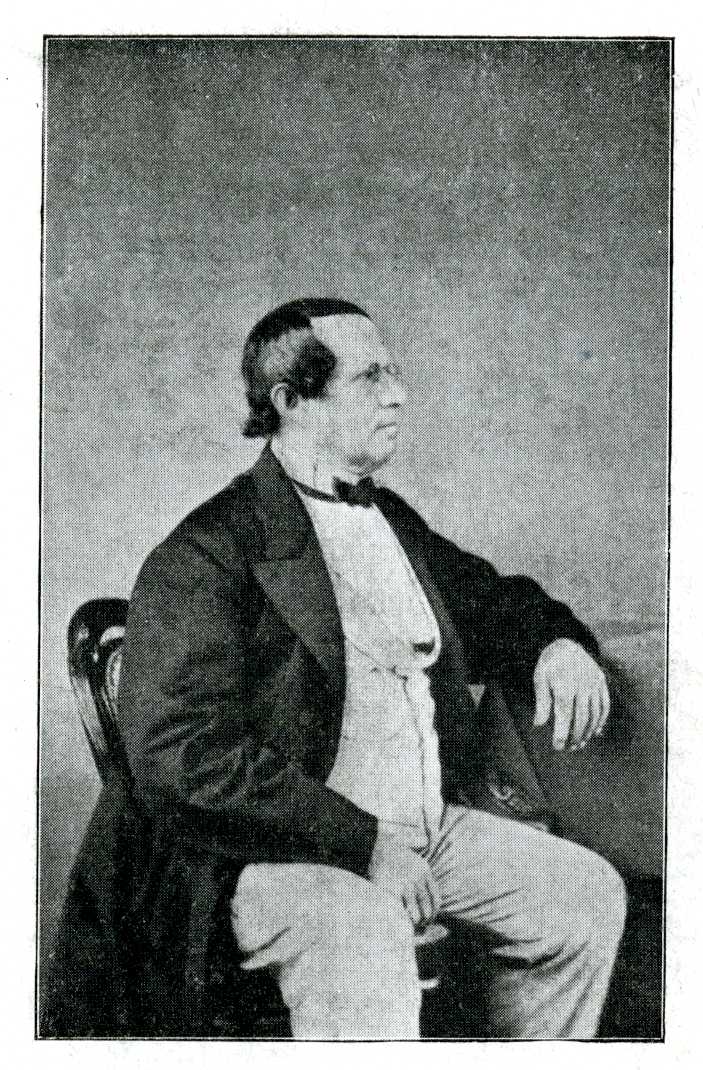
2020-12-28
Opportunities
My daughter is an excellent oboist and violinist. Because of the pandemic, she has spent her first semester at university home with us. She has handled the frustration of missing her first year away at school with great patience and understanding, and now the plan is for her to join her classmates on campus by the beginning of February 2021. Her mother and I have therefore been able to delay sending her off into the world; as one commentator put it last year, high school seniors and parents do not equally share the tragedy of this transition. "The kids are completely focussed on getting out and getting going. It is the parents who feel it as a loss."
So one benefit of having one more semester with her at home has been the chance to play together a bit longer. About a month ago, she said "I sent you a score I want to play through. Let's try it out so I will have a chance to do it before heading to school". Of course, I agreed. There are few greater pleasures for musicians than being able to play at a high level with your kids. They curse the missed entrances and finicky reeds. You wonder how this talented peer happened to sprout up in your family.
At any rate, the only drawback to our musical moment was the score itself. One advantage of being a collaborative pianist is that you encounter a vast range of music... everyone, and I mean everyone, needs you to play. Because I grew up playing with my cousin, a professional oboist himself, I have a good general knowledge of the oboe repertory. But this piece my daughter was studying was a new one to me. As we played, I found myself getting more and more annoyed with the composer. What is this half-baked mess, I thought? There seems to be no development, no overreaching architecture, no carefully constructed unfolding of a drama, no memorable melodies. Ick. What's more, I was playing an orchestral reduction, so the mess didn't even "lie well" under the hands, as keyboardists like to say. "Do you know anything about this composer?" I asked my daughter. "No", she said. It was a concerto that her oboe professor wanted her to learn this fall. "Hmm", I said.
So I took a few minutes to look up the composer. German, first half of 19th century, friend and student of Louis Spohr. Somewhat successful as a conductor, violinist and composer. "He took pride in the fact that he was a self-taught composer", the article said. OK, that explained a few things.
I will always remember when my daughter set out to take AP theory in high school. A few weeks after she was underway, she said to me "You know, you never relate to music the same way after you do all this theory study, do you?" I agreed. I went on to tell her about one of the great realizations I believe happens to musicians (and all artists, for that matter) who choose to go deep into the theory and practice of their art. Music can be enjoyed naïvely, and is enjoyed that way all the time. No one needs a PhD in music to love Beethoven, or Charlie Parker, or the Rolling Stones. The magic of music is that it gets an instant reaction from humans everywhere, always.
Once you begin to dive deeply into the theory of music, however, this naïvté changes into something else. The phenomenon is unavoidable; once you have drunk the Kool-Aid there is absolutely no turning back. Structures and relationships that flowed by you unnoticed now open a line of communication all their own. The greatest musicians and composers talk to us all down this channel; once you become aware of the capacity to piggyback messages about aesthetics and life on the theoretical content of music, the experience of playing and listening goes from two to three dimensions. It is an overwhelming experience sometimes; but it is totally worth the challenging and extensive study, in my opinion.
So my early 19th century German friend missed his opportunity to reach across the centuries and "message" us through his oboe score. In truth, his score is really just a series of incoherent sections that rely on some pretty well worn clichés to create music. I always feel bad for the soloists in pieces like this... they are the ones landed with a <large> amount of technical difficulty for very little aesthetic reward. But if it gives me another few times to play with my daughter before she needs to rely on other pianists to help her through an awkwardly written score, that's fine with me. I am already wondering if I am going to get a call someday asking if I might be available in a pinch -- I wouldn't mind that opportunity at all.
If you have more questions about this topic, don't hesitate to contact me and we can chat.
K
Previous blog entries